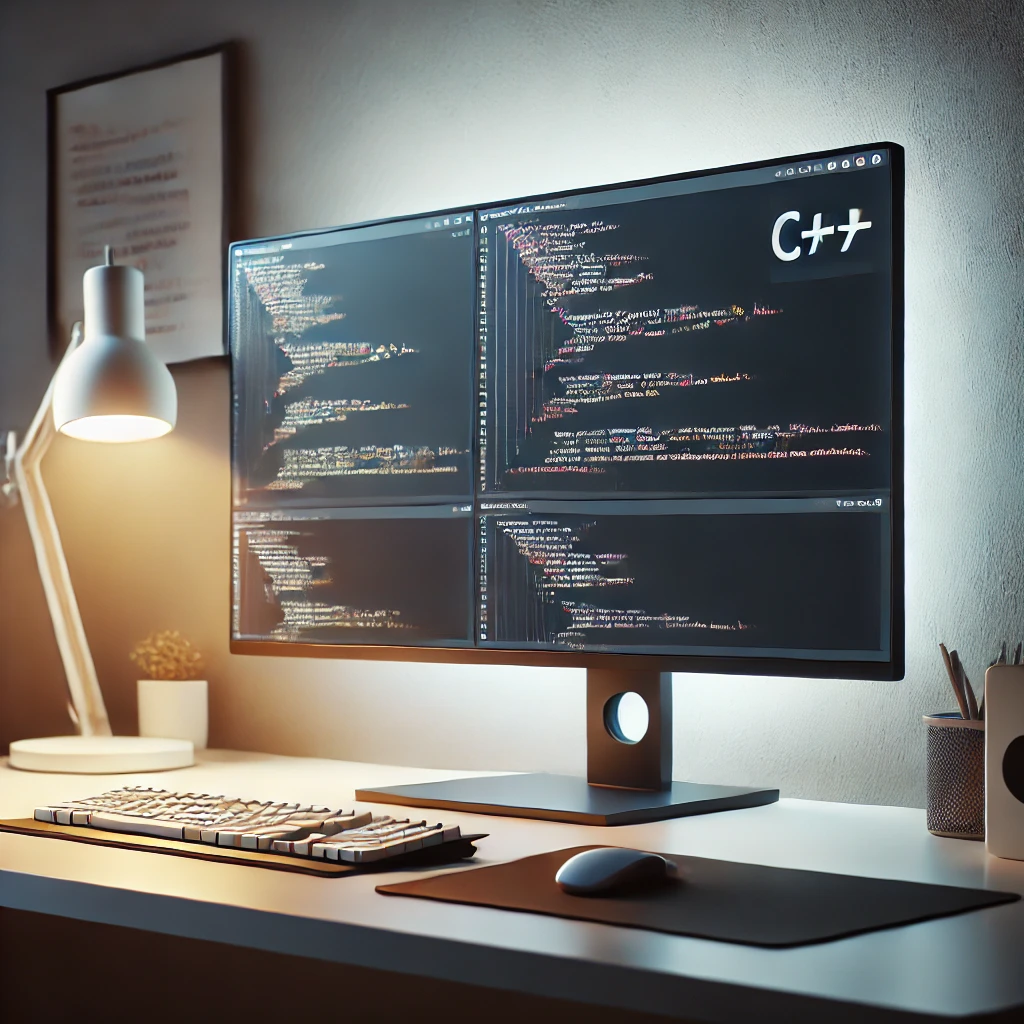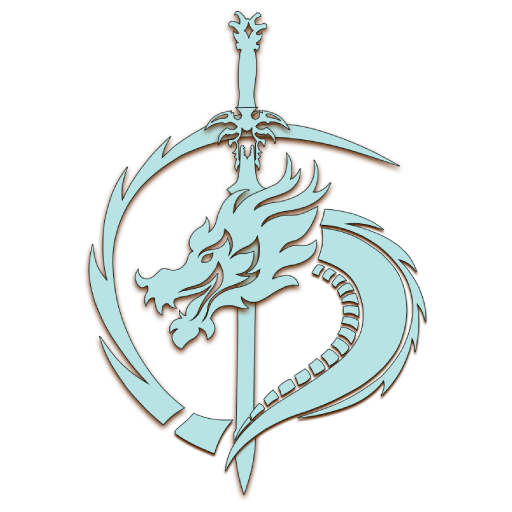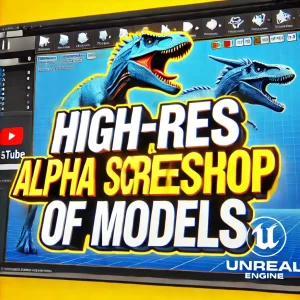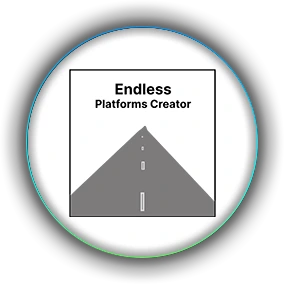001 Introduction to C++

Welcome!
Welcome to Unofficial Documentation: C++! Above all else, these tutorials aim to make learning C++ easy and accessible to everyone.
Unlike many other resources, these tutorials don’t assume you have any prior programming experience. You’ll learn everything you need to know as you progress, with plenty of examples to guide you.
Whether you’re learning C++ as a hobby, for academic purposes, or for professional development, you’re in the right place!
Lesson structure
The introductory lessons in this chapter will give you a solid context about what C++ is, how it evolved, how programs work, and what software you need to create your own programs. You’ll even write your very first program.
Subsequent chapters will dive into different parts of the C++ language. In the first chapter, you’ll get a broad overview of many fundamental concepts, enabling you to write simple programs right away. Later chapters will explore these concepts in greater depth or introduce new ones.
Each chapter is built around a theme, with lessons related to that theme. There’s no fixed timeline—you can progress at a pace that’s comfortable for you.
Goals
Before we dive in, let’s outline some key goals for these tutorials:
Cover general programming topics alongside C++.
Traditional textbooks often teach a language’s syntax but skip over crucial topics like programming style, debugging, pitfalls, and good practices. We’ll address these topics naturally as they arise. By the end, you’ll not only know how to program in C++, but also how not to program in C++, which is just as important.
Provide abundant examples.
Most people learn best by seeing concepts in action. We’ll include plenty of clear examples to illustrate the concepts you’re learning. We’ll avoid omitting key parts of examples (“…”) or introducing unexplained concepts, as both can lead to confusion.
Offer practice programs.
Many lessons will include exercises you can solve on your own, with solutions provided for comparison. Use these to identify areas where you need more practice.Emphasize enjoyment.
Programming should be fun! If it’s not, you’re less likely to stick with it. Don’t hesitate to take breaks when you’re tired. Fresh eyes can make all the difference.
Getting the most out of these tutorials
Here are some tips to maximize your learning experience:
Type examples by hand.
This helps you identify common mistakes and learn how to fix them. Reflect on each line of code and its purpose in the program.Debug your mistakes.
Fixing bugs is a critical skill for programmers. Try solving problems independently before seeking help. Learn to use a debugger—it’s an essential tool.Experiment with code.
Modify examples to see how they behave. Push boundaries by entering unexpected inputs. Experimenting will deepen your understanding.Spend time on quizzes.
Quizzes are designed to challenge you. Don’t worry if you don’t get the right answer immediately. The process of problem-solving is just as valuable as the solution.Write your own programs.
Apply what you’ve learned to small projects. This reinforces your knowledge and builds confidence.
Tags
C++ tutorials, learn C++, programming for beginners, C++ basics, programming tips, C++ examples, C++ exercises, C++ introduction, coding for beginners, software development



